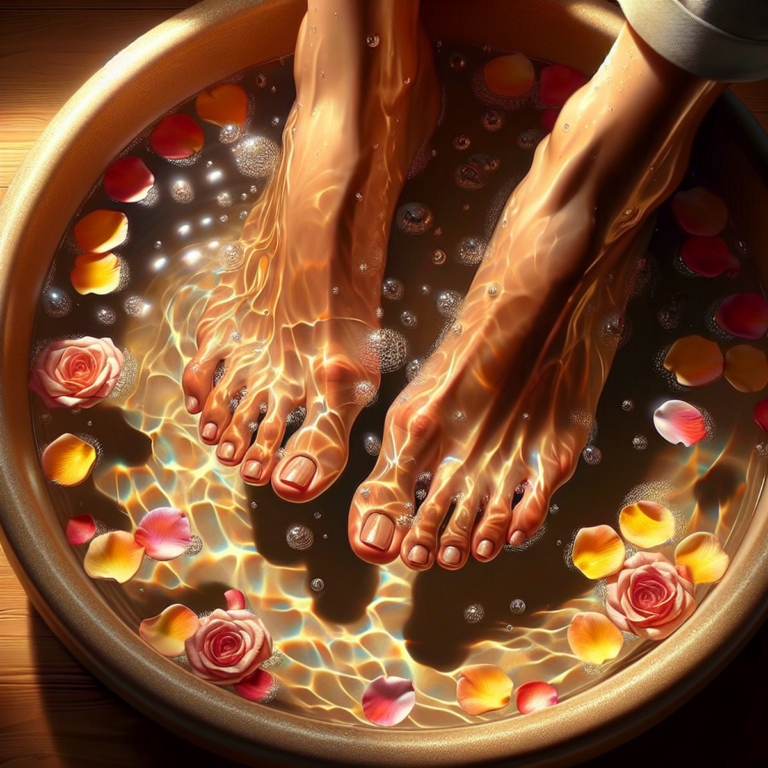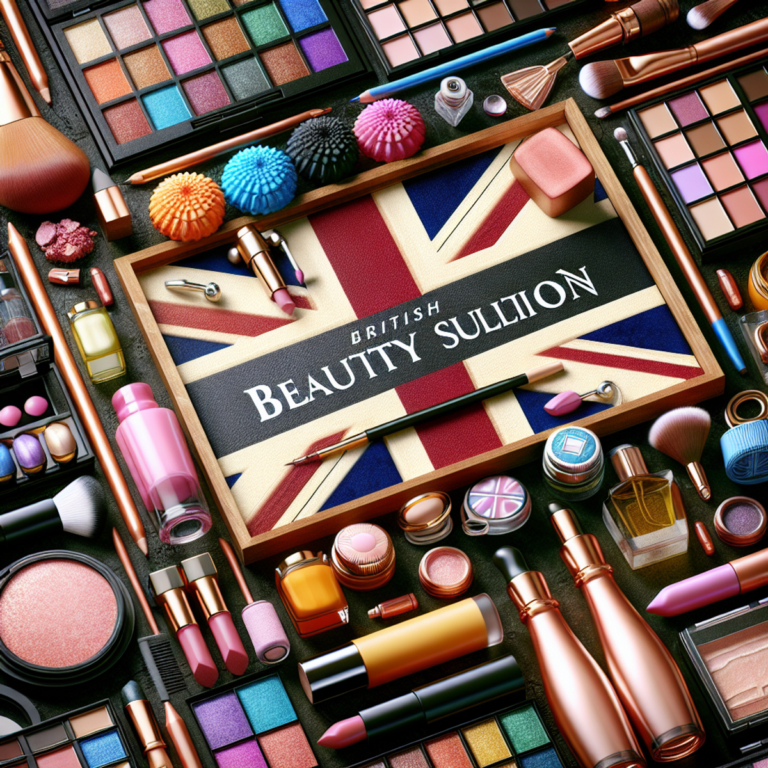Ingredient Talk: Is Hydration or Protein Better for Your Hair?

Introduction
The debate between hydration and protein for hair care centers around the importance of maintaining a balance between the two. Hydration refers to the moisture content of the hair, while protein plays a crucial role in strengthening the hair shaft. Both factors are essential for maintaining healthy, strong hair.
When it comes to achieving optimal hair health, it’s not a matter of choosing between hydration and protein but rather finding the right balance between them. Proper hydration ensures that the hair retains its length, shine, and overall health, while protein contributes to curl elasticity and helps prevent breakage.
In this article, we will explore:
- The significance of hydration and protein balance for healthy hair
- What happens when there is an imbalance in either element
- How to assess your hair’s specific needs
- Practical tips on how to incorporate both hydration and protein treatments into your hair care routine
The Role of Hydration and Protein in Hair Care
When it comes to maintaining healthy hair, two key elements play a crucial role: hydration and protein. Let’s take a closer look at what each of these components entails and why they are essential for maintaining a healthy balance in your hair.
Hydration: Moisture for Healthy Hair
Hydration refers to the moisture content of your hair strands. It plays a vital role in keeping your hair soft, supple, and well-nourished. Here’s why hydration is significant for hair health:
- Moisture retention: Proper hydration helps your hair retain moisture, preventing it from becoming dry and brittle. Dry hair is prone to breakage, split ends, and a dull appearance.
- Manageability: Well-hydrated hair is more manageable and easier to style. It reduces frizz, tangles, and makes detangling a breeze.
- Enhanced elasticity: Hydrated hair has better elasticity, which means it can stretch without breaking. This helps prevent breakage during manipulation or styling.
Protein: Strength for Resilient Hair
Protein is an essential component that strengthens the structure of your hair strands. It helps maintain the integrity and resilience of your hair. Here’s why protein is crucial for strengthening your hair:
- Structure support: Proteins like keratin provide structural support to your hair strands, making them strong and less prone to damage.
- Damage repair: Protein treatments can help repair damaged hair by filling in gaps in the hair shaft, minimizing breakage.
- Increased elasticity: Protein contributes to the elasticity of your hair, allowing it to bounce back after being stretched or manipulated.
The Importance of Balancing Hydration and Protein
Now that we understand the significance of both hydration and protein in hair care let’s explore why it’s important to maintain a healthy balance between these two elements:
- Over-hydration: Too much hydration without sufficient protein can lead to overly soft, weak hair. It may become limp, lose its shape, and lack resilience.
- Protein overload: On the other hand, excessive protein without adequate hydration can make your hair dry, brittle, and prone to breakage.
Maintaining a proper balance between hydration and protein is crucial for achieving healthy, luscious locks. In the next section, we will delve into the potential effects of an imbalance between these two elements and how it can impact your hair’s health.
Effects of Imbalance: Too Much or Too Little Hydration and Protein
When it comes to hair care, striking the right balance between hydration and protein is crucial. An imbalance in these elements can lead to a range of issues that affect the overall health and appearance of your hair. Let’s take a closer look at the potential effects of too much or too little hydration and protein:
1. Effects of Hydration Imbalance:
- Lack of Moisture: Insufficient hydration can result in dry, brittle hair that lacks shine and elasticity. This can make your hair more prone to breakage and split ends.
- Frizziness: When there is an imbalance in moisture, your hair may become excessively frizzy, making it difficult to manage.
- Dullness: Without enough hydration, your hair may lose its natural luster, appearing dull and lifeless.
2. Effects of Protein Imbalance:
- Protein Overload: Using too many protein-based products or treatments without adequate hydration can lead to protein overload. This can cause your hair to become stiff, brittle, and prone to breakage.
- Weakening of Elasticity: A lack of protein can result in weak hair strands that have reduced elasticity. This makes your hair more susceptible to damage from styling practices or environmental factors.
- Lack of Strength: Insufficient protein content in the hair can lead to weakened strands that are more likely to break or suffer from split ends.
It’s important to note that the effects of imbalance may vary depending on individual hair type and texture. For example, those with naturally curly or coily hair may require a higher level of protein for optimal strength and definition.
Maintaining a balance between hydration and protein is key to ensuring healthy hair. It’s essential to listen to your hair’s needs and adjust your hair care routine accordingly.
Assessing Your Hair’s Needs
To maintain a healthy balance between hydration and protein in your hair care routine, it’s important to understand what your hair needs. Here are some methods you can use to assess your hair:
1. Wet Stretch Test
One way to determine if your hair needs more hydration is by performing the wet stretch test:
- Wet a small section of your hair.
- Gently pull the wet section.
- Observe how your hair reacts.
- If your hair stretches easily and returns to its original length without breaking, it is likely well-hydrated.
- However, if your hair stretches significantly and breaks easily, it may be lacking moisture and in need of hydration.
2. Hair Behavior Observation
Another method for assessing your hair’s needs is by observing its behavior on a daily basis. Pay attention to how your hair looks and feels. Here are some indicators that can help you determine whether your hair needs more hydration or protein:
- Hydration: If your hair feels dry, brittle, or frizzy, it may be lacking moisture and in need of hydration. Additionally, if your ends appear split or have a rough texture, this could indicate a lack of hydration.
- Protein: On the other hand, if your hair feels weak, limp, or lacks elasticity, it may be in need of protein. If you notice excessive breakage or if your curls have lost their bounce, these could be signs that your hair requires more protein to strengthen and rebuild its structure.
Remember that everyone’s hair is unique, so what works for one person may not work for another. It’s essential to pay attention to the specific needs of your own hair and adjust your routine accordingly.
By using these assessment methods, you can gain valuable insights into the current state of your hair and make informed decisions about whether it needs more hydration or protein. This knowledge will allow you to tailor your hair care routine to meet your hair’s specific needs, promoting optimal health and vitality.
Maintaining a Healthy Balance: Hydration and Protein in Your Hair Care Routine
When it comes to maintaining a healthy balance between hydration and protein in your hair care routine, it’s important to incorporate treatments that address both aspects. By following these practical tips, you can ensure that your hair receives the nourishment it needs for optimal health:
- Use a hydrating shampoo and conditioner: Start your hair care routine with a hydrating shampoo and conditioner that provide moisture to your strands. Look for products that contain ingredients like glycerin, aloe vera, or hyaluronic acid, which help retain moisture in the hair.
- Deep condition regularly: Incorporate deep conditioning treatments into your routine to provide intense hydration to your hair. Opt for deep conditioners that are specifically formulated for dry or damaged hair, as they often contain ingredients like shea butter or coconut oil, which moisturize and nourish the strands.
- Consider protein treatments: If your hair lacks strength and elasticity, incorporating protein treatments into your routine can help restore its health. Look for products that contain hydrolyzed proteins, such as keratin or wheat protein, which can penetrate the hair shaft and strengthen the strands from within.
- Alternate between hydrating and protein treatments: To maintain a balance between hydration and protein, alternate between hydrating and protein treatments on a regular basis. For example, you can deep condition with a moisturizing mask one week and follow up with a protein treatment the next week. This allows you to address both aspects of hair health without overwhelming your strands with too much of one or the other.
- Avoid overdoing it: While it’s important to incorporate both hydration and protein into your routine, it’s equally important not to overdo it. Using too many protein treatments can lead to protein overload, causing the hair to become brittle and prone to breakage. Similarly, using too many hydrating treatments without balancing it with protein can lead to moisture overload, making the hair limp and lacking in strength. Listen to your hair and adjust your routine accordingly.
Remember, maintaining a healthy balance between hydration and protein is a continuous process. Pay attention to how your hair responds to different treatments and adjust your routine as needed. By finding the right balance, you can ensure that your hair remains luscious, strong, and healthy in the long run. If you’re unsure about how often you should use protein treatments or how to strike the right protein-moisture balance, consult with a hair care professional who can guide you based on your specific needs.
The Best of Both Worlds: Product Recommendations for Hydration and Protein Balance
When it comes to achieving a healthy balance between hydration and protein in your hair, choosing the right products is key. Here are some specific recommendations that can help you maintain optimal hydration and protein levels for your hair:
1. Hydration Treatments:
- Deep Conditioning Masks: Look for masks that are specifically formulated to provide intense hydration to dry and dehydrated hair. These masks often contain ingredients like shea butter, coconut oil, or aloe vera, which help to restore moisture and improve the overall health of your hair.
- Leave-In Conditioners: Leave-in conditioners are a great way to keep your hair hydrated throughout the day. Opt for lightweight formulas that won’t weigh down your hair and look for ingredients like glycerin or hyaluronic acid, which attract and retain moisture.
- Moisturizing Hair Oils: Hair oils are excellent for sealing in moisture and preventing dehydration. Choose oils such as argan oil, jojoba oil, or sweet almond oil, as they are known for their hydrating properties.
2. Protein Treatments:
- Protein Reconstructing Masks: These masks are designed to repair and strengthen damaged hair by replenishing protein lost due to chemical treatments or heat styling. Look for masks that contain hydrolyzed keratin, wheat protein, or silk amino acids.
- Protein-Based Leave-In Treatments: Leave-in treatments infused with proteins can help fortify weak or brittle hair. These products often come in spray or cream form and provide an extra boost of strength and resilience.
- Collagen-Infused Products: Collagen is a popular protein known for its ability to improve hair elasticity and strength. Look for shampoos, conditioners, or serums that contain collagen to help maintain a healthy protein balance.
Remember, it’s important to listen to your hair’s needs and adjust your product usage accordingly. If your hair feels dry, frizzy, or lacks elasticity, it may be a sign that it needs more hydration. On the other hand, if your hair is weak, prone to breakage, or lacks structure, incorporating protein treatments into your routine can be beneficial.
It’s worth noting that these product recommendations are just a starting point, and you may need to experiment with different brands and formulations to find what works best for your hair. Additionally, it’s important to follow the instructions provided by the manufacturer and avoid overusing protein treatments, as excessive protein can lead to stiffness and brittleness in the hair.
Other Factors for Consideration
When it comes to maintaining the hydration and protein balance of your hair, there are several external factors that you need to consider. These factors can greatly impact the overall health and appearance of your hair. Here are some important points to keep in mind:
Environmental Exposure
The environment plays a significant role in the condition of your hair. Exposure to harsh weather conditions, such as extreme heat or cold, can strip away moisture from your hair strands and leave them dry and brittle. Additionally, exposure to pollutants and chemicals in the air can also have a negative impact on your hair’s health.
To protect your hair from environmental damage, consider the following:
- Cover your hair with a hat or scarf when venturing out into extreme weather conditions.
- Use products that offer UV protection to shield your hair from the sun’s harmful rays.
- Rinse your hair thoroughly after swimming in chlorinated pools to remove any residual chemicals.
Styling Practices
The way you style your hair can either help maintain its hydration and protein balance or disrupt it. Certain styling practices can cause damage and result in moisture loss or protein overload. Here are some tips to keep in mind:
- Limit the use of heat styling tools like flat irons and curling wands, as excessive heat can deplete moisture from your hair.
- Avoid tight hairstyles that pull on the hair strands, as this can lead to breakage and damage.
- Use protective styles that minimize manipulation and reduce stress on your hair.
Seeking Professional Advice
If you’re unsure about the specific needs of your hair or how to properly care for it, seeking professional advice is always a good idea. A hairstylist or trichologist can assess the condition of your hair and provide personalized recommendations based on its unique characteristics.
Professional advice can be particularly beneficial if you’ve been experiencing persistent issues with hydration or protein balance in your hair. A trained expert can help identify the underlying causes of these imbalances and guide you towards the most effective solutions, such as thinning hair treatments for those with thinning hair.
Remember, everyone’s hair is different, and what works for one person may not work for another. By seeking professional advice, you can gain a better understanding of your hair’s needs and tailor your hair care regimen accordingly.
Maintaining the hydration and protein balance of your hair goes beyond using the right products. Environmental exposure and styling practices also play a crucial role in keeping your hair healthy. By considering these external factors and seeking professional advice when needed, you can ensure that your hair remains strong, luscious, and well-balanced.
Conclusion
The debate between hydration and protein for hair care has highlighted the importance of maintaining a balance between these two key elements. Both hydration and protein are essential for healthy, strong hair, and an imbalance can lead to various issues such as breakage, split ends, and brittle hair. It’s crucial to prioritize both aspects rather than favoring one over the other.
By maintaining a proper balance of hydration and protein, you pave the way for luscious, strong, and healthy hair in the long run. This equilibrium ensures that your hair retains its length, shine, and elasticity while also being fortified against damage.
In conclusion, achieving optimal hair health involves striking the right balance between hydration and protein. By embracing this holistic approach to hair care, you can enjoy the rewards of vibrant, resilient locks that exude vitality and strength.










